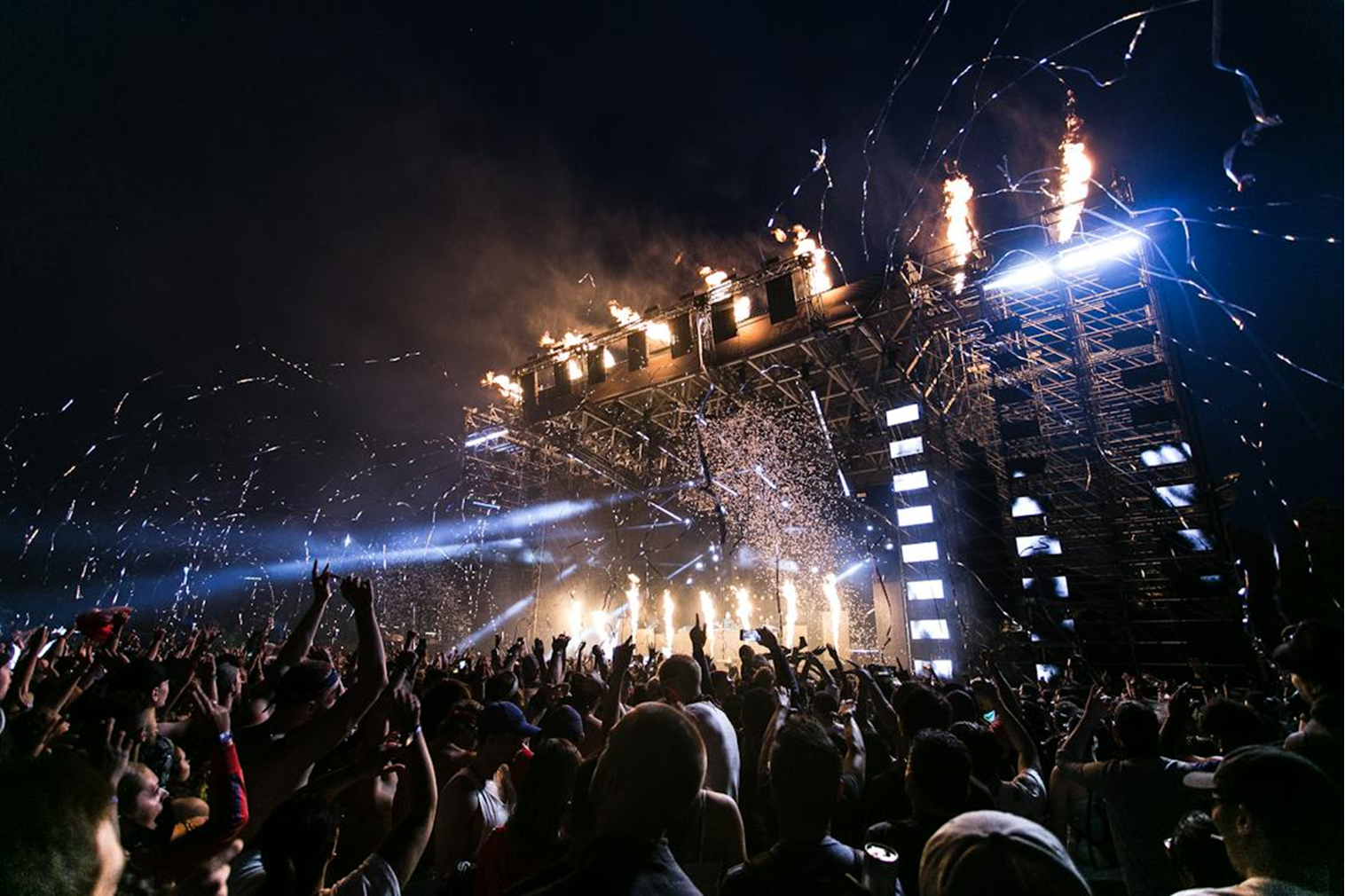FEATURES
18 Q'S
PREMIERES
ON ROTATION
COVERS
REVIEWS
TRACK BY TRACK
On tour with
FEATURES
18 Q'S
COVERS
MAKE UP
SKIN
WELLNESS
CELEBRITY BEAUTY
MEN'S GROOMING
MUSIC
FILM
Travel
FOOD
theatre
interviews
POSTERS
The music scene has witnessed a drastic shift over the last couple of years. Virtual concerts are moving from being more of a novelty, to being a necessity. The transformation has been sparked by numerous things, from advancing tech to changing user preferences. With that being said, it has helped to raise questions about how future performances are going to be held.

Fans and artists alike are pivoting to the digital stage as it gives people a convenient avenue to enjoy music. Fans can enjoy their favourite artists without having to travel to a different city on a work night, and those who don’t have a big budget don’t have to pay as much just to hear their top tracks.
It’s not just the music industry that has witnessed this kind of shift. The technology sector has also undergone the same transformation as more and more people are visiting online platforms to access the content they want, in a digital form. Digital content offers an unrivalled sense of flexibility and thousands of possible combinations. People can also log on to Netflix or Amazon Prime to stream the latest movie releases without having to visit the cinema. Tech has come a long way, and the fact that it offers so much convenience is a testament to how much it’s being embraced.

Virtual concerts have a huge impact on artists. It allows for more creativity and connection for their audience. Elton John performed his Living Room Concert for America with guests from around the world featuring remotely. You also have Nightwish, who performed a virtual show within their own VR world. The show took place at the Islander’s Arms and has since been released on DVD. The ability to reach a global audience can significantly expand an artist’s fan base while uncovering new revenue streams. Tickets can be sold to virtual events, to a worldwide audience. This allows for more digital interactions as well as increased merch sales.
With that being said, it’s not all positive for artists. Emerging artists face several challenges as they have to connect with fans on a personal level to build their reputations. The impersonal nature that comes with performing in a virtual space makes it very difficult for musicians to forge deep and lasting connections that you obtain within the setting of a true, live show.
The rise of virtual concerts has largely stemmed from a leap in technology. Streaming platforms have made it easier to broadcast quality live video and VR experiences, enabling artists to create more complex performances. Issues such as latency can disrupt the experience, but with the rollout of 5G and internet connections being improved across the world as time goes on, this challenge is already being resolved. Virtual concerts could well be the norm going forward, with more and more artists exploring them as a possibility for their shows.